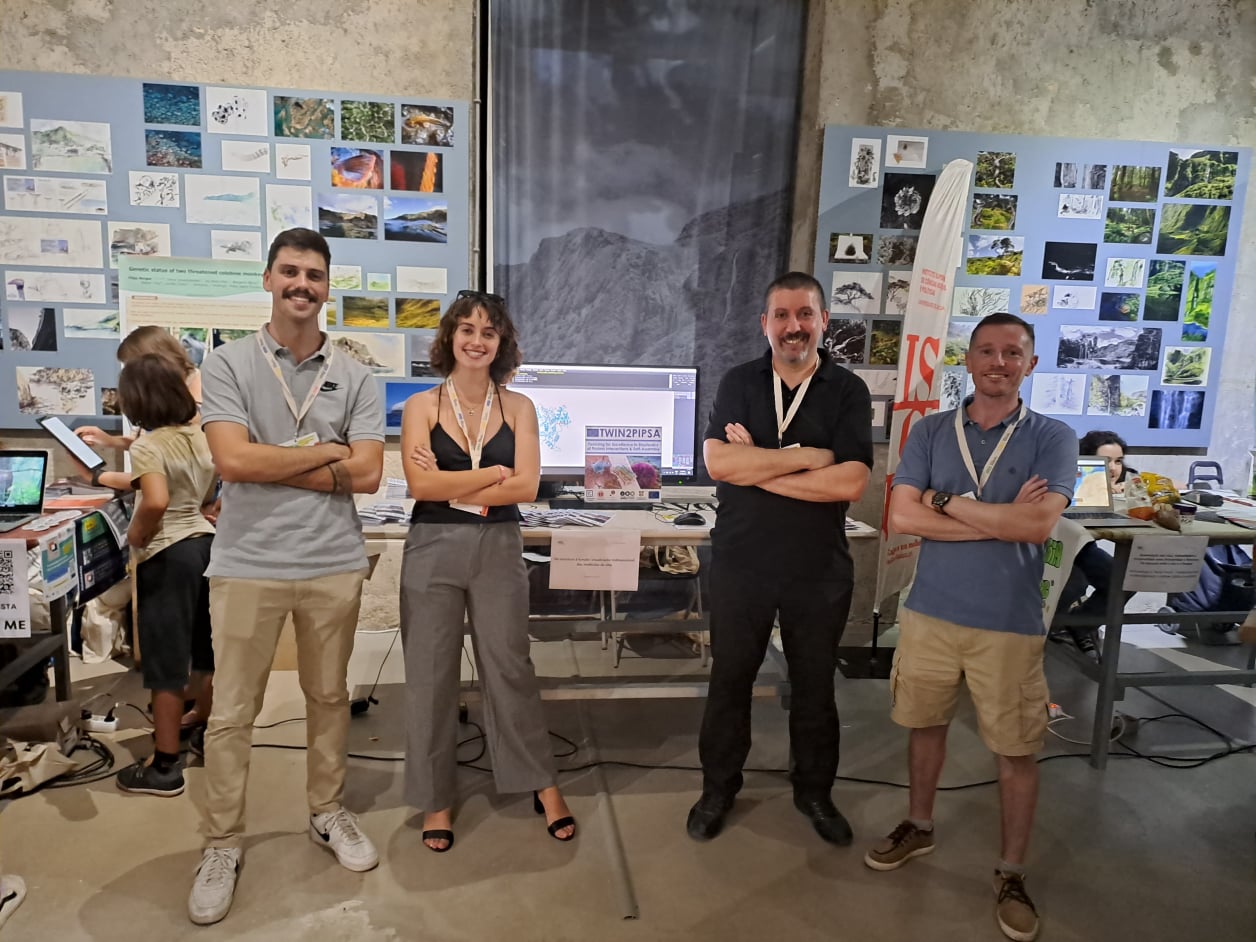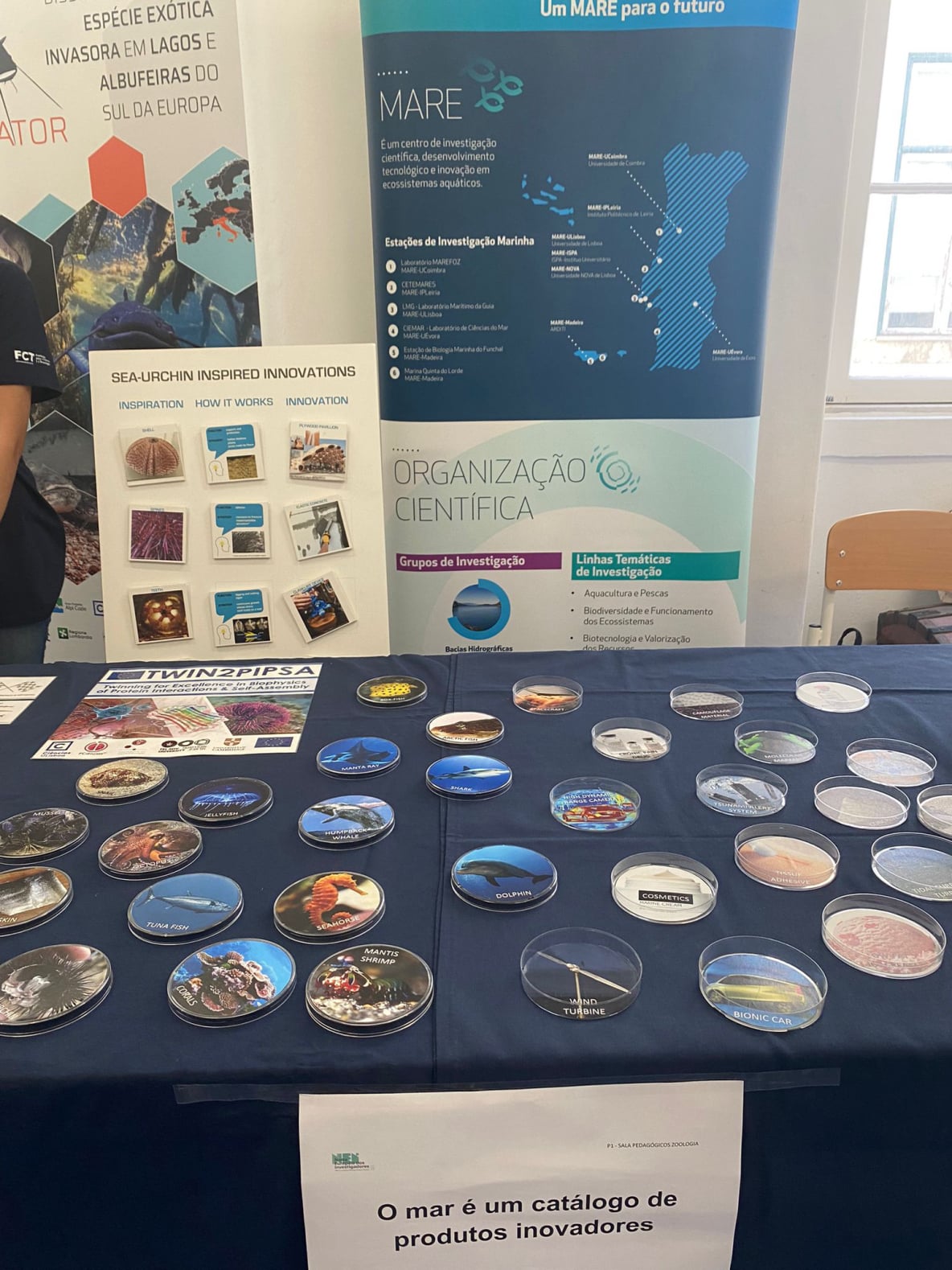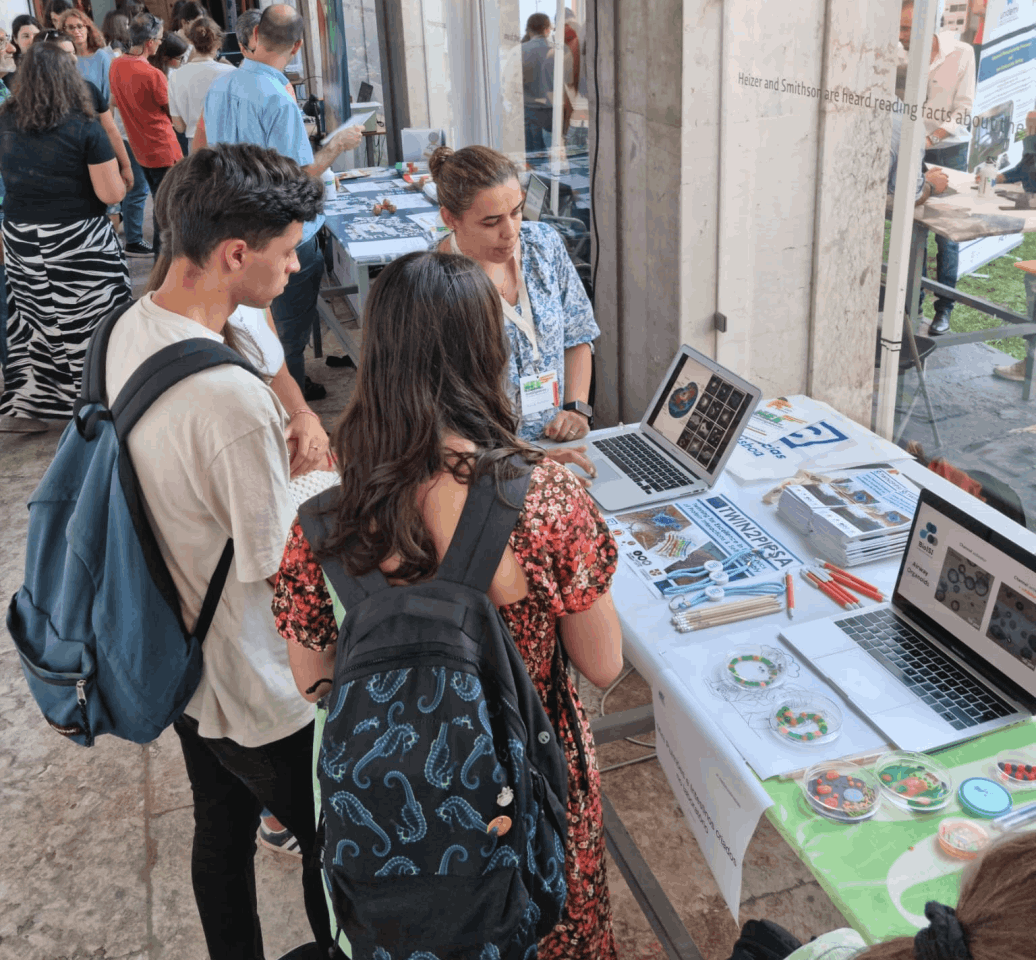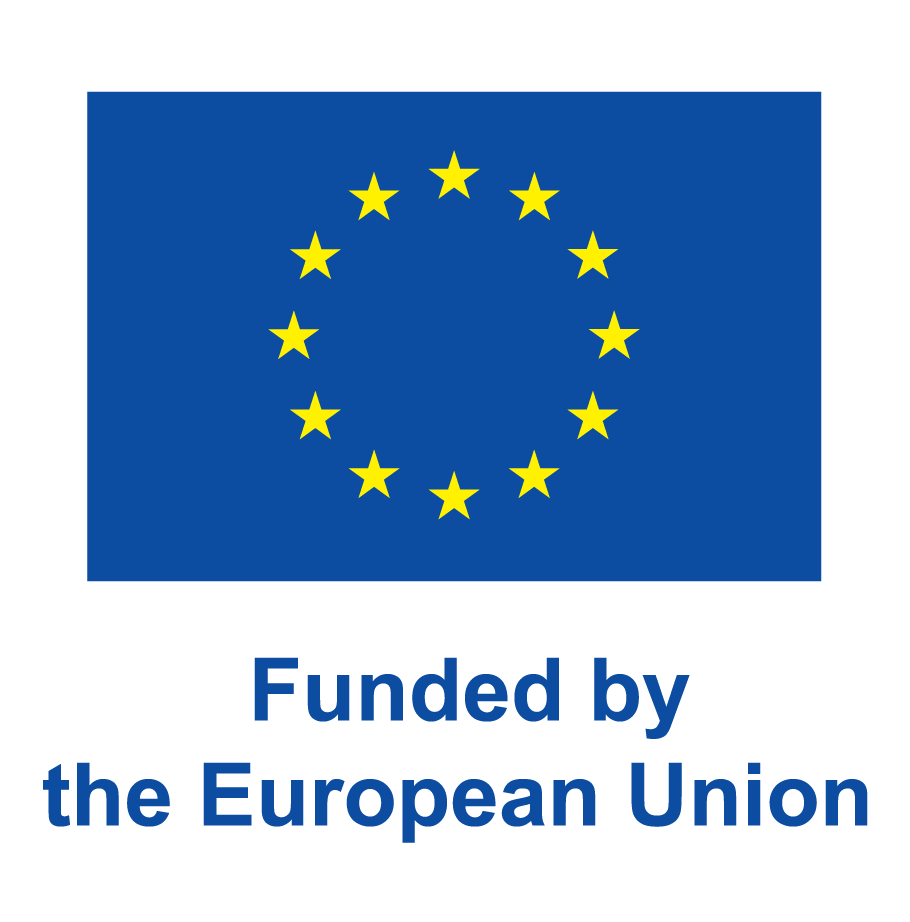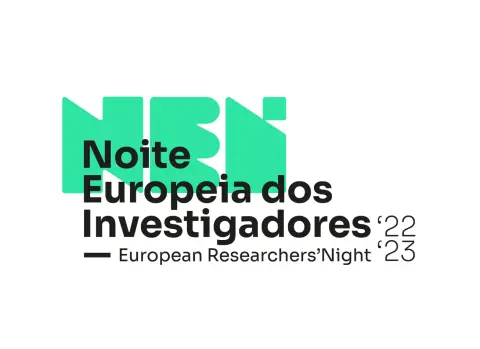
04 October, 2023
Funded by the European Commission, the European Researchers' Night event has been spreading scientific knowledge and stimulating the minds of young people through fun and interactive activities. Aiming to bring research and researchers closer to the public, this year's event took place in 26 countries across Europe, including Portugal.
The 2023 European Researcher's Night in Lisbon was held in the National Museum of Science & Natural History, with coordination of the University of Lisbon, comprised more than 100 on-site activities with the theme "Science for All - Sustainability and Inclusion". The TWIN2PIPSA project was also represented in the 2023 European Researcher's Night with different activities carried out by our researchers.
